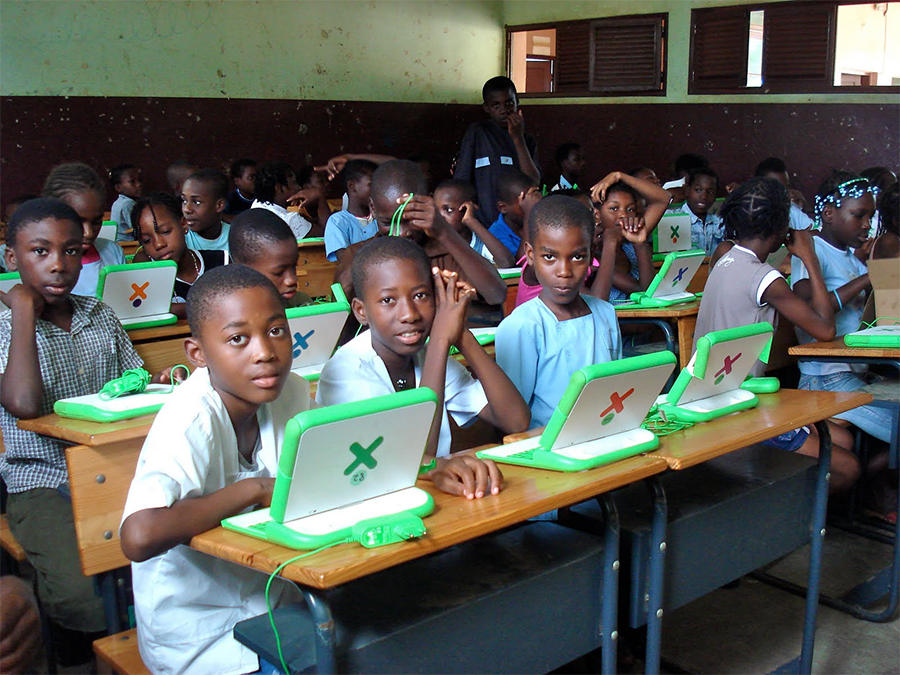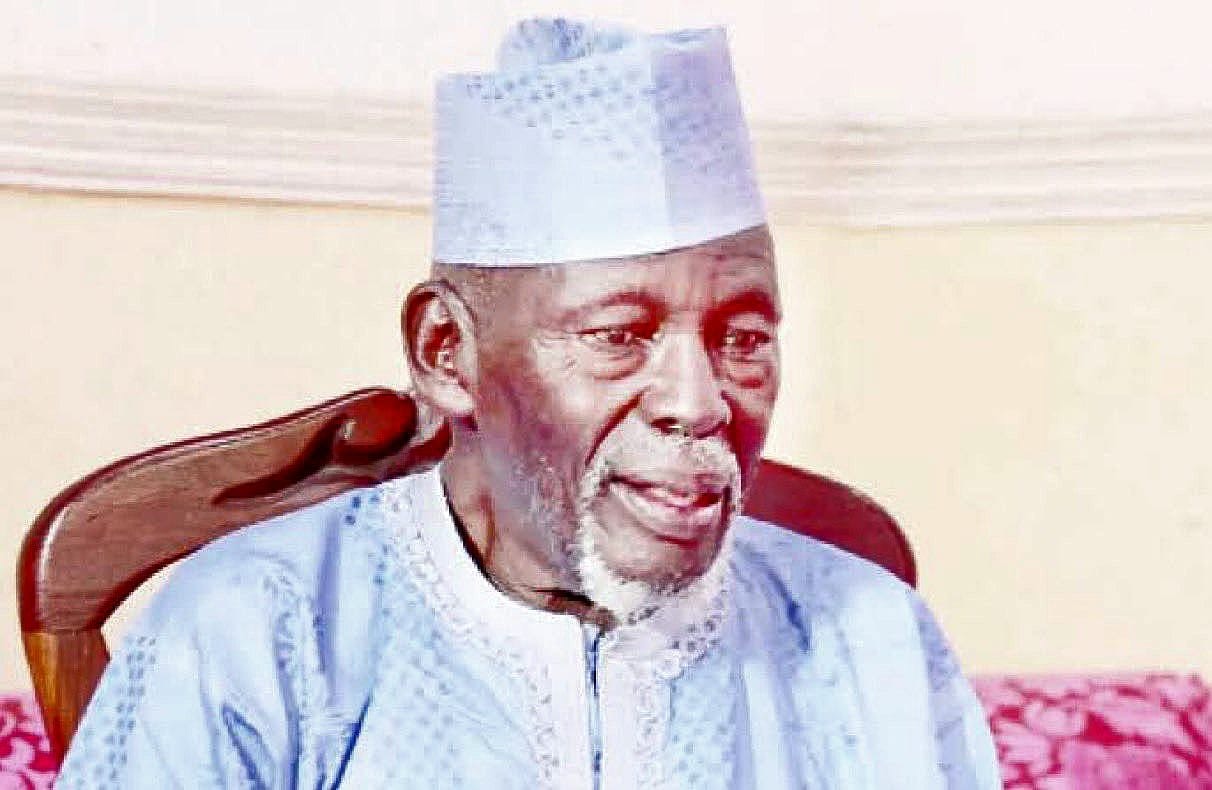BY JUDE MGBEJI
Sometime last year, Fresh Perspectives and UNESCO shortlisted 50 founders and innovators operating in the EdTech space in Nigeria to support them through capacity-building networks to scale whatever products or services they are offering to take education to the next level. I am not attempting a rehash of what the shortlisted founders are doing here, but to rather spotlight the way forward after such brilliant exposures for them.
By now, these founders would know that the great shocker is that there isn’t so much money to build your product or service on or for. Founders often hear that their solution must be addressing a problem, and not about the profit. That’s something people in EdTech get to find out very quickly, especially in Nigeria. There is no money. At least, not yet.
That means the motivation for making a difference in EdTech must be geared towards addressing a major need in the ecosystem – and there are quite a number to pick one. In all of these, I want to call an important attention to the issue of inclusion.
Advertisement
Let me start with an anecdote.
I met a young man once. Let’s call him Saliu. Saliu is 15. He lives in a sprawling, smelly slum community somewhere in Lagos. He has never been to school. He can’t speak English, but he would love to go to school. Sadly, the traditional school system doesn’t favour people like Saliu. He is too old to enrol in a primary school where basic literacy can be taught. He is also too illiterate to be enrolled in a secondary school to measure up to the demands of school like his peers. When Nigeria drums out statistics about out-of-school children, it’s easier to gloss over kids like Saliu. He can’t be part of the intervention plan for the government because there are no accelerated or tailored-made schools for kids in his age bracket. That’s a problem that needs to be addressed and solved. I am aware of works by the Bridge Learning Centre providing education opportunities for kids like this, but it will be difficult to do that at scale in any physical location.
So, imagine I am building a solution for 13.5 million out-of-school children in Nigeria where a non-internet platform can provide basic literacy to these kids and offer opportunities for collaborative learning too. I am not going to design a product or build a curriculum that won’t think about kids in the category of Saliu. The character of inclusion is to think about people that it is easy for your solution to overlook when you are addressing a problem.
Advertisement
Inclusive education goes beyond just providing access to education for traditionally marginalized groups. True that. But it involves designing and implementing educational solutions that cater to the diverse learning needs and circumstances of all individuals, regardless of their background, abilities, or age. By focusing on inclusion, EdTech founders and innovators can ensure that their solutions address the needs of learners like Saliu, who may have been left behind by the traditional education system. This means developing flexible learning pathways, adaptive technologies, and tailored curriculum content that can accommodate learners at different stages of their educational journey, including those who are older, have limited literacy skills, or face other barriers to learning.
Inclusive EdTech solutions should also prioritize accessibility, ensuring that all learners, including those with disabilities, have equal opportunities to access and participate in educational activities. This may involve incorporating features such as text-to-speech functionality, screen readers, captioning, and other assistive technologies to make learning materials and platforms more accessible to everyone.
Moreover, collaboration and partnerships within the EdTech ecosystem are essential for scaling inclusive education initiatives and reaching a broader audience. This is one of the outcomes of Future Perspective support for their first beneficiary cohort. Creating that network of founders to share ideas and also working together with educators, policymakers, NGOs, community organizations, and other stakeholders, means that EdTech innovators can leverage their collective expertise and resources to develop comprehensive, sustainable solutions that address the diverse needs of learners across Nigeria.
The ultimate goal of rethinking inclusive education in Nigeria with EdTech is to create a learning environment where every individual has the opportunity to thrive and reach their full potential, regardless of their circumstances. It requires a concerted effort to design and implement inclusive educational solutions that are accessible, flexible, and responsive to the needs of all learners, thereby promoting a more equitable and inclusive society.
Advertisement
And I hope all stakeholders working in the EdTech space in Nigeria make it work!
Jude Mgbeji is a senior software engineer. He can be reached via [email protected]
Views expressed by contributors are strictly personal and not of TheCable.
Add a comment






